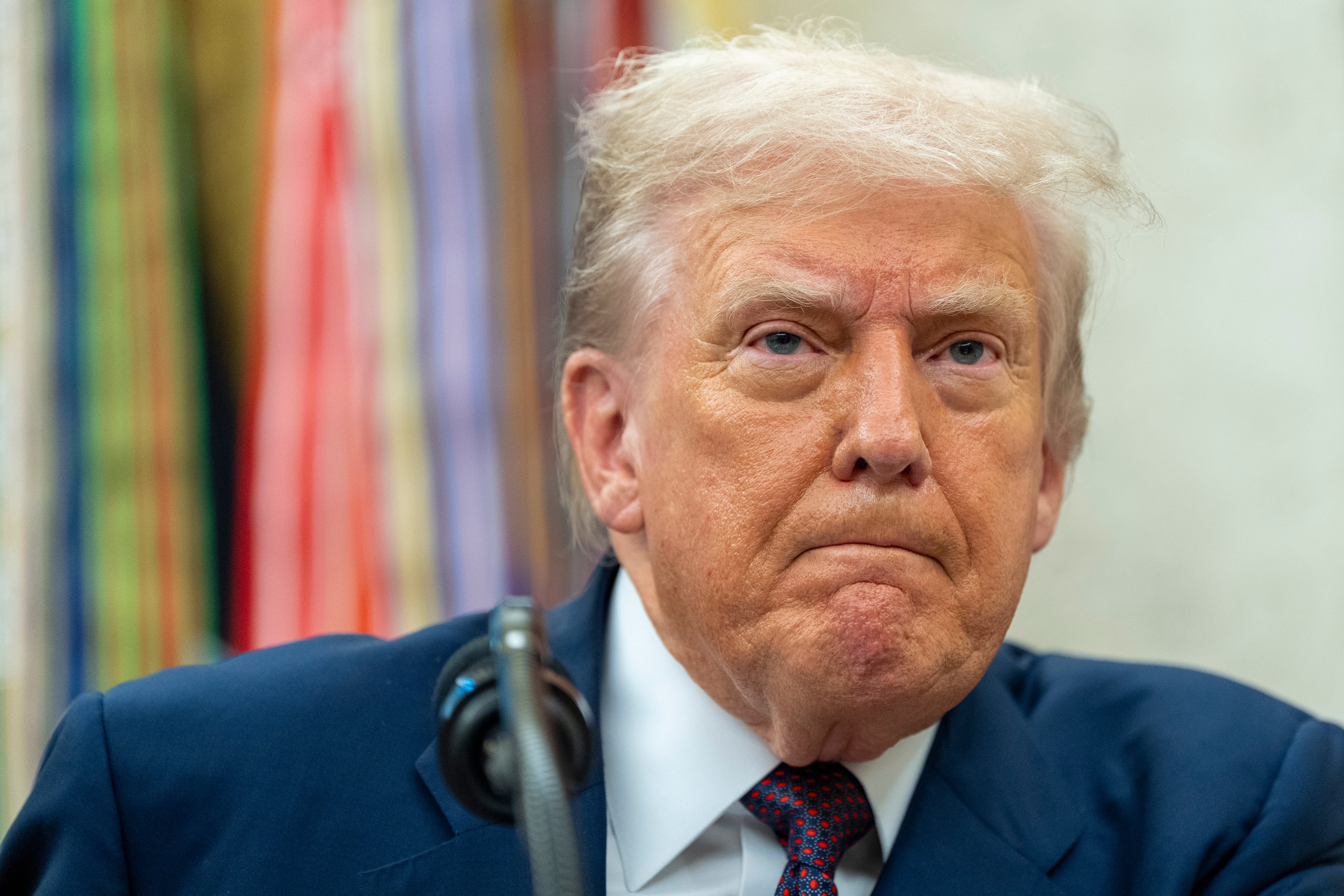Donald Trump is reportedly re-evaluating the federal classification of marijuana, a move that could significantly alter its legal status across the United States and bring federal policy closer to the approach already adopted by numerous states. Mr Trump indicated on Monday that he hopes to make a decision in the coming weeks regarding potential changes to how marijuana is regulated. This renewed focus comes over a year after the Biden administration formally proposed reclassifying the drug, though no decision was reached before Mr Biden left office. Meanwhile, many states have already gone further than the federal government by legalizing the recreational use of marijuana for adults or allowing it for medical purposes.
Current policy
Under current federal policy, possessing marijuana remains a federal crime punishable by fines and prison time. Selling or cultivating marijuana is considered a more serious offence, carrying potential prison sentences of five years to life, depending on the quantity. Last year, the Justice Department proposed reclassifying marijuana from a Schedule I drug, a category that includes substances like heroin and LSD, to a less dangerous Schedule III substance, which encompasses drugs such as ketamine and certain anabolic steroids. This proposed switch initiated a lengthy bureaucratic process. Nearly 43,000 public comments were submitted to the federal government regarding the suggested change. The Drug Enforcement Administration (DEA) was still in the review process when Mr Trump succeeded Mr Biden in January, prompting a re-examination of policies across the federal government.
Reclassifying marijuana would not, however, equate to nationwide legalization for recreational use by adults. Instead, it would primarily alter how the substance is regulated and taxed. Currently, federal income tax deductions for business expenses are unavailable to enterprises involved in “trafficking” any Schedule I or II drug. Changing marijuana to a Schedule III drug could therefore result in significant tax savings for businesses licensed to sell marijuana in states where it is legal. Furthermore, it could facilitate research into marijuana, as conducting authorized clinical studies on Schedule I substances is exceptionally difficult. Despite these potential changes, a Congressional Research Service report suggests that the reluctance of many banks and financial institutions to provide services to marijuana businesses, due to the potential for federal penalties, is unlikely to change merely by rescheduling marijuana under the federal Controlled Substances Act.

What could Trump do?
Mr Trump is currently weighing the pros and cons of such a policy change, acknowledging it as a “very complicated subject.” He stated on Monday: “I’ve heard great things having to do with medical” use of marijuana and “bad things having to do with just about everything else.” As a candidate, Mr Trump appeared open to relaxed regulation, having posted on his social media platform last year that he would “focus on research to unlock the medical uses of marijuana to a Schedule 3 drug.” However, reclassification faces resistance from some conservatives and law enforcement groups. The National Sheriffs’ Association, for instance, submitted written opposition, citing prior determinations that marijuana has a “high abuse potential” and highlighting cases of “extreme intoxication” and fatal vehicle crashes.
At the state level, the medical use of marijuana is already permitted in 40 states and the District of Columbia. Over the past dozen years, the number of jurisdictions legalizing recreational marijuana for adults has rapidly increased to 24 states and the District of Columbia. However, the movement has experienced some recent setbacks. Last autumn, ballot measures to legalise recreational marijuana failed in Florida, North Dakota, and South Dakota. Florida’s measure, while receiving a majority vote, fell short of the 60 per cent threshold required to approve amendments to the state constitution. This year, Idaho lawmakers referred a proposed constitutional amendment to the ballot that would forbid citizen initiatives to legalise marijuana, instead reserving such decisions solely for the Legislature. Initiatives continue elsewhere to try and place recreational marijuana on the ballot, including in Oklahoma, where voters defeated a similar measure in 2023.
Public opinion data indicates significant support for legalization. Approximately six in 10 voters across the country favour legalising recreational use nationwide, according to AP VoteCast, a survey of over 120,000 US voters conducted during last year’s election. Polling from Gallup shows support for marijuana legalization has grown substantially, from just 36 per cent support in 2005 to 68 per cent last year. Marijuana use has also increased. More than 64 million Americans aged 12 and older – or 22.3 per cent of people – reported using marijuana during the past year, according to a 2024 national survey released recently by the federal Substance Abuse and Mental Health Services Administration. This marks an increase from 19 per cent of people in 2021. The growth in marijuana use was primarily driven by adults aged 26 and older, although people aged 18-25 remained the most likely to partake, with 35 per cent reporting use during the past year.


